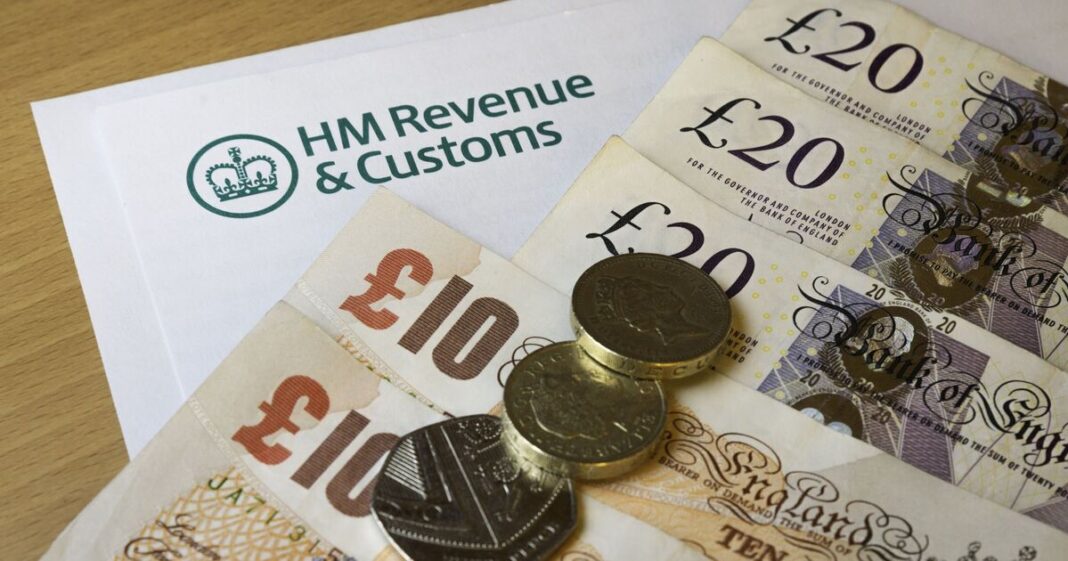HM Revenue and Customs (HMRC) has issued an urgent tax message to people with £1,000 of earnings from a ‘side hustle’.
Anyone who gains extra income outside of their regular job, such as renting out property, creating online content, or selling goods, must register for Self Assessment and file a tax return if their earnings are more than £1,000. Everyone in the UK has a tax-free trading allowance of £1,000, and additional income outside of their primary employment, but if you go above this threshold, you must inform HMRC.
The Government is urging people who meet this threshold and haven’t filed for Self Assessment before to register before the deadline of October 5, 2025. This deadline applies to anyone who is newly self-employed or has a new source of untaxed income.
In a message on X (formerly Twitter), HMRC said: “Check if you need to register for Self Assessment for the first time by 5 October.
“You might need to if you have earnt more than £1,000 through a side-hustle, are self-employed, rent out a property. Find out more.”
According to HMRC, you must register for Self Assessment as a sole trader if any of the following apply:
- you earn more than £1,000 in a tax year (from 6 April to 5 April)
- you need to prove you’re self-employed, for example, to claim Tax-Free Childcare
- you want to make voluntary Class 2 National Insurance payments to help you qualify for benefits and State Pension
- you need to register as a subcontractor for the Construction Industry Scheme (CIS) or as a share fisher
HMRC adds: “Use this tool to register for Self Assessment as a sole trader with HM Revenue and Customs (HMRC). How you register depends on your circumstances.
“If you have to send a tax return and have not sent one before, you must have registered for Self Assessment as a sole trader by 5 October 2025. If you register late or do not register when you need to, you may get a penalty.”
If tax returns aren’t submitted on time you’ll be hit with a penalty fee of £100 for filing up to three months late, and this can increase even further if it’s later, or if you pay your tax bill late. You’ll also be charged interest on late payments.
HMRC says early preparation is particularly important for sole traders or landlords with a qualifying income over £50,000, as they will also need to start using Making Tax Digital for Income Tax from April 2026, which will require digital record-keeping and quarterly updates using compatible software.
Myrtle Lloyd, HMRC’s Director General for Customer Services, said: “Whether you are selling handmade crafts online, creating digital content, or renting out property, understanding your tax obligations is essential. If you earn more than £1,000 from these activities, you may need to complete a Self Assessment tax return.
“Filing early puts you in control – you will know exactly what you owe, can plan your payments, and avoid the stress of the January rush. You don’t need to pay immediately when you file – you have until 31 January to settle your tax bill.”


